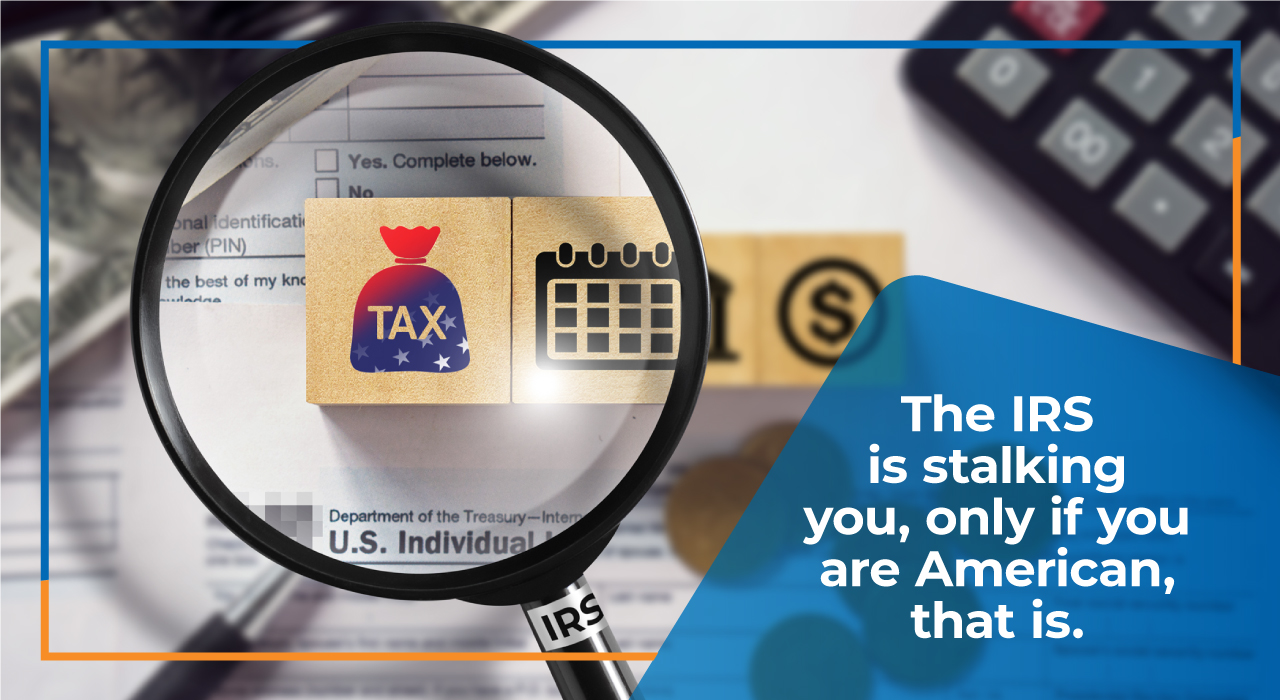Where did the money go? This is a question that we ask ourselves every single time a bonus or an increment is spent. Financial prosperity does not begin or end with the potential to earn. It goes beyond that and in that journey, we as Nair and Nelliyatt Chartered Accountants can help you make the right financial decisions. With a wealth of experience and a deep understanding of the UAE’s finance culture, we are here to assist individuals and businesses. We carefully manage your accounts and craft financial strategies to equip you with the knowledge to control your money. The first step, however, is to help you understand the role of an accountant and a financial advisor.
Meet the Financial Advisor:
Financial advisors, also known as financial planners or wealth managers, help individuals and businesses improve economic well-being, and our role encompasses a wide range of responsibilities and services. They mentor your money – saving, investing, or planning for the future. A financial advisor gives advice and guidance to help individuals and businesses successfully achieve financial goals.
What does a financial advisor do?
1. Comprehensive Financial Planning: Financial Advisors will work with you to create strategic financial plans. The plans will consider various aspects of your life as an individual or business professional, including income, expenses, investments, taxes, and retirement goals. They will suggest ideas and solutions after an in-depth analysis of your current financial being and your goals.
2. Investment Guidance: Advisors will help you make fruitful investment decisions. They will also help you make informed decisions based on your risk tolerance, financial goals, and time horizon; as they are responsible for analysing investment options like stocks, bonds, mutual funds, and real estate. This will help in creating a diversified portfolio and help in maximum returns.
3. Risk Management: Another way they differ from an accountant is that in the Financial advisor role, they assess and manage financial risks for our clients. This will include identifying potential risks related to investments, insurance coverage, and overall financial stability. You will receive recommendations for risk mitigation strategies, such as diversifying investments or securing appropriate insurance policies.
4. Retirement Planning: Get help in setting retirement goals and develop consistent strategies. This includes estimating retirement expenses, optimising savings plans, and exploring retirement account options.
5.Tax Efficiency: As you read, you will better understand the difference between tax and financial accountants. Financial advisors help clients optimise tax strategies to minimise tax liabilities while staying compliant with UAE tax laws. They explore tax-advantaged investment opportunities, deductions, and credits to create tax-efficient financial plans.
6. Estate Planning: Financial advisors offer estate planning services for individuals looking to pass on their wealth to future generations. They also assist in creating wills, trusts, and other estate planning documents to ensure a smooth and tax-efficient transfer of assets.
7. Debt Management: Advisors help clients effectively manage and reduce debt burdens. They develop debt repayment plans and advice on consolidating or refinancing loans for better financial outcomes.
8. Regular Financial Check-Ins: Continuous monitoring and adjustment are essential to a financial advisor’s role. They conduct regular financial check-ins with clients to track progress, reassess goals, and adapt financial strategies.
In conclusion, Financial advisors bring a wealth of knowledge, expertise, and personalised guidance to their clients’ financial journeys. Hope this has answered your queries about what does a financial advisor do. Whether you’re an individual seeking to secure your financial future or a business aiming for financial stability and growth, skilled financial advisors help clients with making the right financial management changes that will shift their outlook towards their wealth.
Meet the financial accountant:
You may need a financial accountant when you require assistance with tasks related to accounting and taxes, such as bookkeeping, preparing financial statements, or filing tax returns. As financial accountants, they focus on the financial records and compliance aspects.
The Role of a Financial Accountant:
The most important aspect of hiring a financial accountant is that they will maintain your records and financial documentation. Financial accountants primarily record, organise, and report financial transactions and data for individuals or businesses. They focus on ensuring accurate financial records and compliance with accounting rules and regulations. The role is more about maintaining financial records and producing financial statements than advising you on how to grow wealth.
1. Financial Clarity and Accuracy: Financial accountants meticulously maintain your financial records, ensuring accuracy and transparency. This clarity enables individuals to make informed personal financial decisions and businesses to assess their financial health accurately.
2. Compliance with Regulations: The UAE and many other countries have strict financial and tax regulations. Financial accountants ensure that you, as individuals and businesses, are within these regulations, reducing the risk of fines and penalties.
3.Tax Optimisation: For businesses, we explore tax-saving opportunities and incentives provided by the UAE government. This helps optimise tax strategies to minimise tax liability while staying compliant.
4. Effective Budgeting: Financial accountants assist in creating budgets. It is invaluable for individuals and businesses to manage expenses, allocate resources wisely, and ultimately achieve their financial goals.
5. Business Growth: In the business world, financial accountants provide insights into profitability, cash flow management, and economic sustainability. They also offer assistance in the financial decision-making of the business after analysis and research of the industry. This is vital for making strategic decisions that drive growth.
6. Financial Statements: Financial accountants prepare statements such as balance sheets for businesses. These documents are essential for attracting investors, securing loans, and demonstrating financial stability.
The core responsibility of an accountant is to keep a record of statement usage and analyse financial health. The financial advisor will, on the other hand, focus primarily on money management and wealth growth suggestions. Our expertise as an accountant and financial advisor ensures compliance with regulations and opens up sustainable opportunities for growth, investment, and a brighter financial future.
Navigating the Numbers: Unravelling the Roles of Tax Accountants and Financial Accountants
So the question now arises: Is the financial accountant the same as the tax accountant?
Understanding the distinction between tax accountants and financial accountants is crucial when managing your finances and taxes. Both play roles in your economic well-being but have different responsibilities.
Meet the Tax Accountant:
A tax accountant is a financial expert specialising in helping individuals and businesses manage their taxes. As tax accountants, they ensure you pay the right amount of taxes according to the law while finding ways to reduce your tax bill legally. Tax accountants are like guides who navigate the complex world of tax rules and regulations, helping you file your tax returns accurately and make the most of available tax benefits. They’re your go-to professionals for anything related to taxes, from preparing tax forms to providing advice on tax planning and strategies.
The role of a tax accountant:
1. Tax Compliance Experts: A vital benefit of a tax accountant is that they would be up to date with current tax rules and regulations. Thus, they ensure that you stay informed so that you, as individuals and businesses, comply with these laws when preparing and filing tax returns.
2. Tax Planning: They create strategies to help you legally minimise your tax liability. This includes identifying deductions, credits, and incentives to optimise your tax situation.
4. Complex Tax Situations: If your financial situation is complex, involving multiple income sources, investments, or business ownership, a tax accountant is essential. They can ensure compliance and ensure tax is manageable for you.
Tax accountant Vs Financial accountant: key differences
- Focus: Tax accountants concentrate on taxation and tax planning, while financial accountants focus on financial reporting and compliance.
2. Time Horizons: Tax accountants often provide year-round support, whereas financial accountants primarily deal with historical financial data.
3. Regulatory Guidance: Tax accountants navigate the ever-changing landscape of tax laws, while financial accountants ensure adherence to accounting standards.
In short, tax and financial accountants are essential for your financial success. Tax accountants help you navigate the complex world of taxation, while financial accountants ensure accurate financial reporting and compliance. Depending on your financial needs, you may consult one or both of these professionals to secure your financial future.
Hiring a financial accountant with the appropriate licences and registrations is crucial to ensure professionalism, competence, and adherence to local regulations. In the United Arab Emirates (UAE), some of the principle licences and registrations you should look for when engaging a financial accountant are:
1. Certified Public Accountant (CPA):.A globally recognised CPA designation indicates that the accountant has met stringent educational and professional requirements.
2. Chartered Accountant (CA): Similar to a CPA, a Chartered Accountant designation signifies a high level of expertise in accounting and finance. Various international accounting bodies across multiple countries offer it.
3. UAE Ministry of Economy Registration: Financial accountants practising in the UAE should be registered with the Ministry of Economy. This registration ensures that they are legally permitted to provide accounting services.
4. Dubai Economic Department (DED) License: To operate in Dubai, the financial accountant must possess a DED licence specific to the emirate.
5. Financial Regulatory Authority (FRA) Registration: In some cases, financial accountants involved in financial advisory and investment services may need to be registered with the FRA, which regulates economic activities in the UAE.
6. VAT Registration: If your financial accountant provides VAT-related services, they should be registered with the Federal Tax Authority (FTA) to ensure compliance with VAT regulations.
7. Membership in Professional Bodies: Membership in professional organisations such as the Association of Chartered Accountants (ACCA) or the Institute of Chartered Accountants of India (ICAI) can indicate a commitment to high ethical and professional standards.
8. Trade License: If the financial accountant operates as a business, they should have a valid trade licence issued by the emirate’s economic department.
9. Audit Licence: For accountants providing audit services, they should possess an audit licence issued by the relevant regulatory authority.
10. Data Protection Compliance: Given the importance of data protection, particularly of sensitive financial information, ensure your financial accountant complies with UAE data protection laws and regulations.
Before hiring a financial accountant, requesting proof of these licences and registrations is advisable. Nair and Nelliyatt have a solid track record of providing financial services compliant with UAE laws and regulations. Choosing a qualified and registered financial accountant such as us is essential for maintaining financial integrity and peace of mind. Nair and Nelliyatt Chartered Accountants can assist with accounting and financial advisory services. We offer various financial and accounting services to individuals and businesses in the UAE. Depending on your particular need, we can provide either accounting or financial advisory services or a combination of both to address your financial concerns effectively. Do not hesitate to drop us an email at info@nn-ca.com or call us at +97143577678 to get more clarity on your financial concerns.




